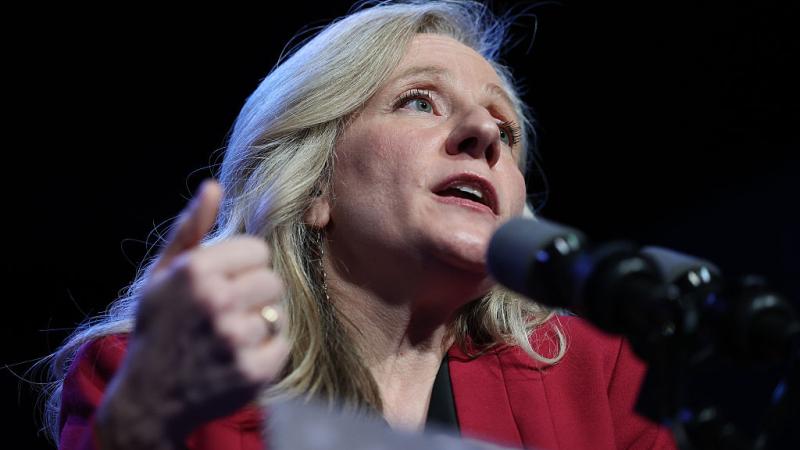Ohio’s social media parental consent law stopped
Gov. Mike DeWine said he was disappointed in the ruling.
Ohio Attorney General Dave Yost has until Jan. 19 to respond to a judge’s ruling that temporarily stops the state’s social media parental consent law.
NetChoice, a trade association representing social media companies operating apps like Facebook, Instagram and TikTok, must respond by Jan. 26.
A preliminary injunction hearing is scheduled Feb. 7.
The law, which was supposed to take effect Monday, requires social media operators and sites that sell things or provide a service to children to get parental consent before establishing accounts for children under 16.
Chief U.S. District Judge for the Southern District of Ohio Algenon Marbley said in his ruling that the law would bring financial harm to social media compliance, noting those companies would face significant costs.
He also said the law’s language invited lawsuits by being “capacious and subjective.”
Gov. Mike DeWine said he was disappointed in the ruling.
“I supported the Social Media Parental Notification Act because parents should have a role in their children’s social media use," DeWine said in a statement. “The negative effects that social media sites and apps have on our children’s mental health have been well documented, and this law was one way to empower parents to have a role in their kids’ digital lives. I am disappointed in this injunction and hope it will be lifted as the case further proceeds so these important protections for children can take effect.”
As previously reported by The Center Square, when consent is given, the operators must then send written confirmation of the account to the parent or legal guardian and provide a list of censoring or content modification features.
When operators don’t provide notification or a parent wishes to stop a child's access, parents can contact the website operator, who then has 30 days to end the child’s access.
The new law does not require operators to notify parents of accounts created before Jan. 15.
Lt. Gov. Jon Husted said tech companies were included in the legislative process to ensure requirements could be met.
“I’m very disappointed in today’s ruling,” Husted said. “The big-tech companies behind this lawsuit were included in the legislative process to make sure the law was clear and easy to implement, but now they claim the law is unclear. They were disingenuous participants in the process and have no interest in protecting children."













